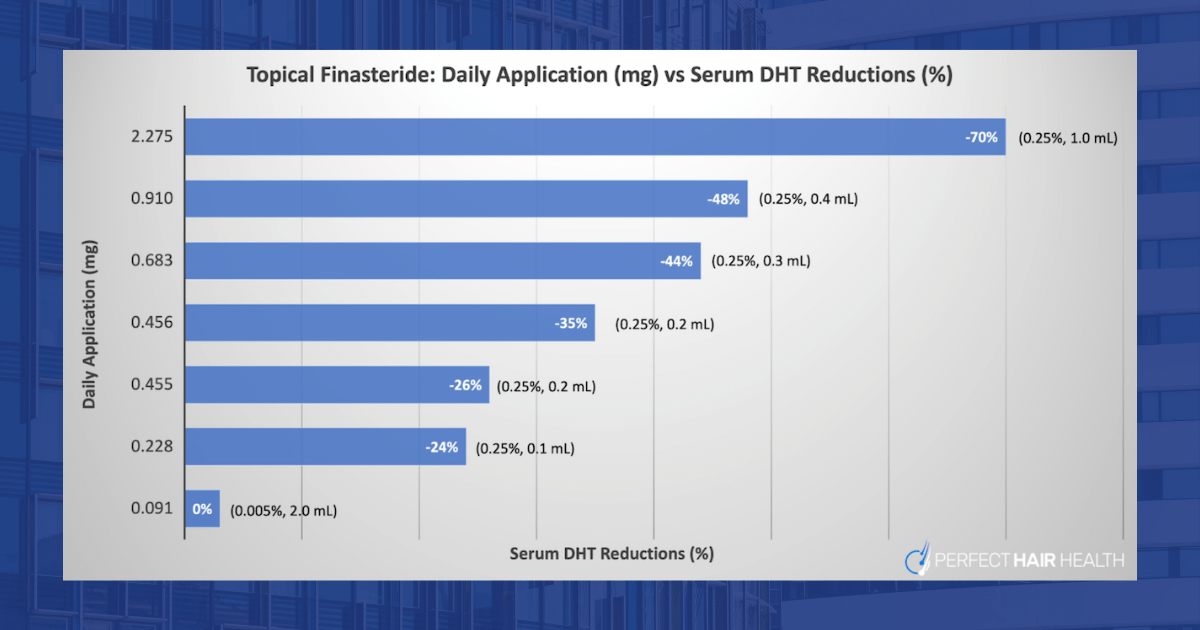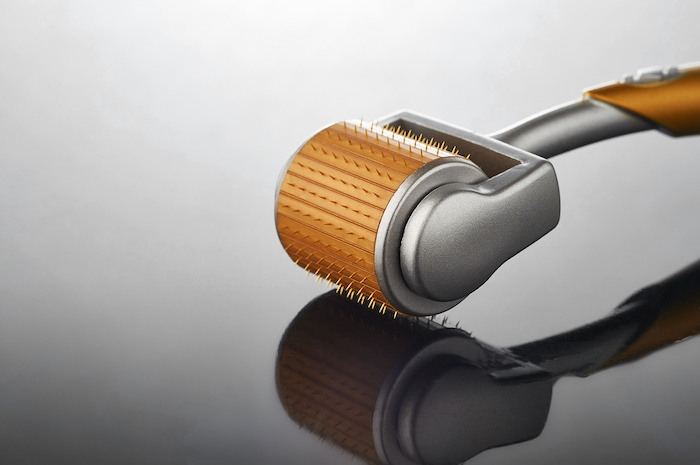Nizoral for Hair Loss – Does it Work?
Anyone searching “How to reverse hair loss online” has undoubtedly come across the Big Three protocol: minoxidil (Rogaine®), finasteride (Propecia®), and ketoconazole shampoo (Nizoral®). What many might not know: despite ketoconazole’s popularity, it’s not actually FDA-approved for pattern hair loss, nor is it as well-researched as minoxidil or finasteride. In fact, there are just a … Read more…










